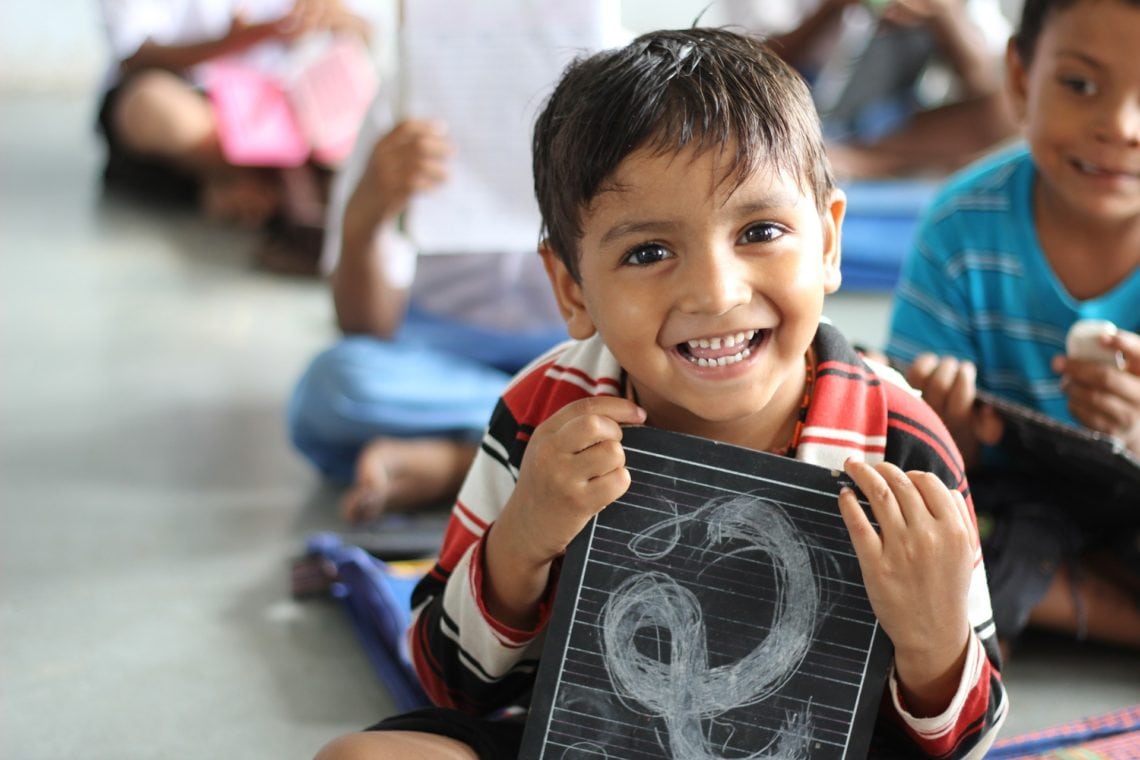
Preparing Your Child for Transitions:
Ask Nicole August 2018
By Nicole M. Young, MSW

My oldest child is getting ready for the biggest transition of his life. He’s leaving for college soon, and I couldn’t be more sad. I mean, proud. And sad. Half of my heart is bursting with excitement for him. He worked hard, did well in school, and is a kind, funny, thoughtful (but still tardy) young man. The other half of my heart breaks when I think about his empty room. I know we will always be a family, and yet I also know things will change once he leaves home, and that my daughter is not far behind. As I brace myself for this huge transition, I’m reminded of all the times I helped my children handle big transitions in their lives – starting kindergarten with “the big kids,” going to middle and high school among a sea of strangers, starting new jobs, and now moving away from home. The steps I taught them to deal with their emotions during transitions are coming in handy – for me.
This monthly column provides tips for anyone who is raising children, based on the world-renowned Triple P – Positive Parenting Program, available to families in Santa Cruz County. If you have questions for a future column, email me at [email protected].
Dear Nicole,
My son starts middle school soon. He seems excited but also anxious about going to a new, bigger school. He struggled with homework in elementary school and is worried about having multiple classes. His group of friends also drifted apart over the summer, and I think he’s worried about making new friends. The more suggestions I give him, the less he wants to talk. What can I do to help him feel confident and ready for this transition?
—Rob
Dear Rob,
Ah, yes. Going back to school can be stressful for many kids, even when they enjoy learning. Starting middle school can be particularly stressful because of changes in the school schedule, academic expectations, friendships, and teenage hormones. Here are some tips to try:
Talk about the positive aspects of this transition
Ask your son to describe the things about middle school that he’s looking forward to. Write them down as a visual reminder of things that might be fun, exciting, or a welcome change in middle school. Encourage him to keep adding to the list whenever he thinks of something.
Encourage your son to ask questions
It’s natural for parents and caregivers to try and help worried or anxious children by reassuring them their fears won’t come true and that everything will be alright. This can end up increasing children’s anxiety if they feel their concerns haven’t been acknowledged or addressed. Encourage your son to ask you questions about anything he’s worrying or wondering about, such as whether he’ll make new friends, be able to keep up with the schoolwork, how to find the bathrooms, whether he’ll be able to find his classes, or where to eat lunch. Listen and reassure him that all his questions and feelings are common and natural.
Coach your son through a problem-solving process
Write down all your son’s questions and concerns. Pick one to start with and ask him to describe his concern in more detail. This helps uncover the underlying worries and fears, which will help with the next step. Then encourage him to brainstorm as many possible solutions as he can think of. Write down all his ideas, then ask your son to identify the benefits and limitations of each idea. Finally, ask him to pick an idea or solution that seems most realistic and useful to try. Have him practice (role play with you) what he would do or say.
Offer guidance throughout this problem-solving process if he needs help, but try to avoid telling him the solution. For example, if he’s worried about not being able to find his classrooms, ask “What could you do to get familiar with the campus?” instead of telling him, “You should walk around the campus before school starts.”
After he’s had a chance to try his solution, talk with him about how it worked and whether he needs to try any additional ideas. Repeat this process for the other questions and concerns on his list.
Final Thoughts
Life is a series of transitions, one after another. Teaching children how to prepare for and problem-solve during major transitions will help them adapt and cope with change. It can also help parents and caregivers breathe easier, knowing they’ve done their best to prepare their children for life.
Nicole Young is the mother of two children, ages 14 and 18, who also manages Santa Cruz County’s Triple P – Positive Parenting Program, the world’s leading positive parenting program. Scientifically proven, Triple P is made available locally by First 5 Santa Cruz County, the Santa Cruz County Health Services Agency (Mental Health Services Act) and the Santa Cruz County Human Services Department. To find a Triple P parenting class or practitioner, visit http://triplep.first5scc.org, www.facebook.com/triplepscc or contact First 5 Santa Cruz County at 465-2217 or [email protected]


You May Also Like

Editor’s Note August 2018
July 30, 2018
How to Make Ice Watercolors
July 30, 2018

